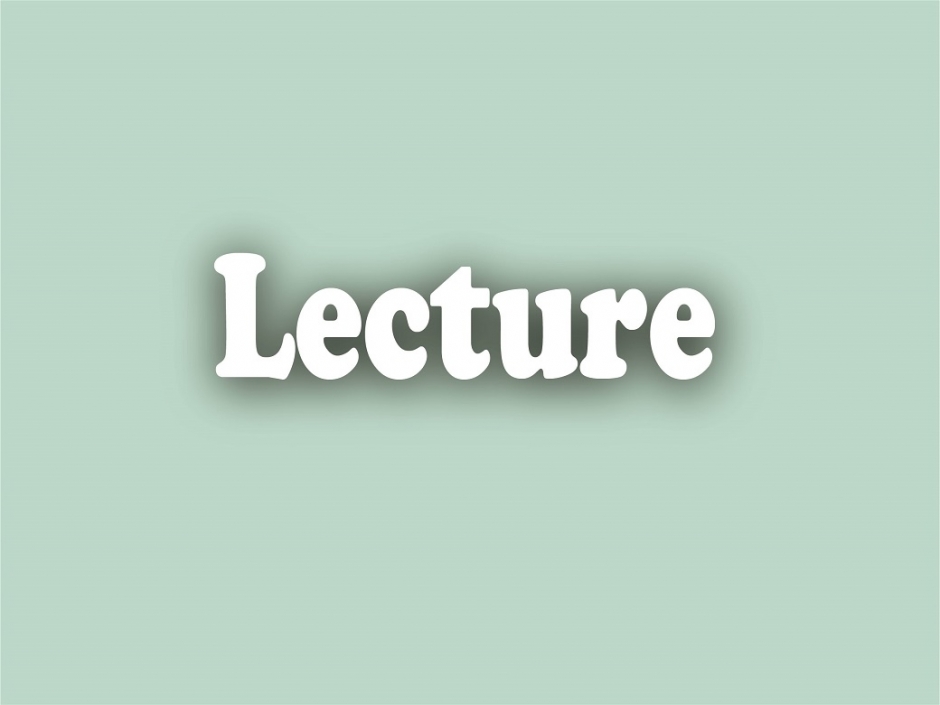- ニュース
- Seminar Daniel BURGARTH (Aberystwyth University, UK)
Seminar Daniel BURGARTH (Aberystwyth University, UK)

Dates
カレンダーに追加0115
MON 2018- Place
- 早稲田大学 西早稲田キャンパス 55号館N棟2階 応物物理会議室
- Time
- 13:30-15:00
- Posted
- Wed, 15 Nov 2017
日時
2018年1月15日 13:30~15:00
場所
早稲田大学 西早稲田キャンパス 55号館N棟2階 応物物理会議室
言語
英語
概要
Quantum simulators, machines that can replicate the dynamics of quantum systems, are being built as useful devices and are seen as a stepping stone to universal quantum computers. A key difference between the two is the ability to perform the logic gates that make up computational algorithms. We propose a method for learning how to construct these gates efficiently by using the simulator to perform optimal control on itself. This bypasses two major problems of purely classical approaches: the need to have an accurate model of the system, and a classical computer more powerful than the quantum one to carry out the optimisation. For numerical simulations of up to 9 qubits with Ising interactions, this in situ approach scales polynomially in the number of qubits for different topologies suggesting that this is a practical way of upgrading quantum simulators to computers.
